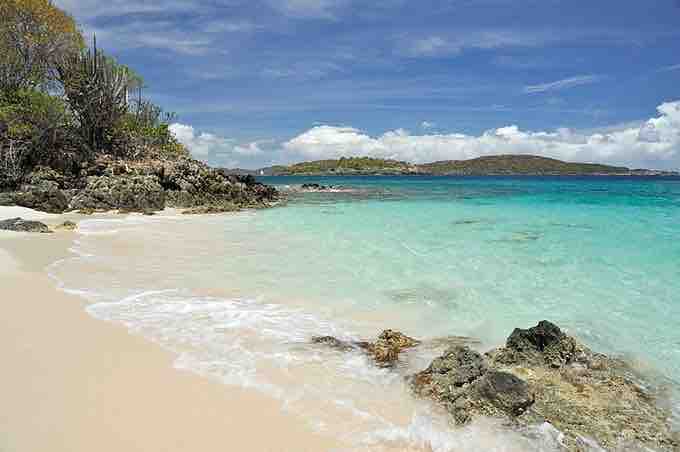When individuals make decisions, they are necessarily deciding between taking one course of action over another. In doing so, they are choosing both what to do and, by extension, what not to do. The value of the next best choice forgone is called the opportunity cost. In other words, the opportunity cost of a course of action is the value the of the option that the individual chose not to take.
Individuals face opportunity costs in both economic and non-economic decisions. One of the easiest way to imagine an individual's opportunity costs is to imagine a student who decides to study. By choosing to study, the student is implicitly choosing to not go to a party, hang out with friends, or catch up on some much-needed sleep . In this example, the opportunity cost is not easily expressed in dollars and cents, but is just as real.

Opportunity Cost
By choosing to go to spend time and money on things like classes and computers, you are necessarily choosing not to spend it on something else, like going on vacation. This is an opportunity cost.
Rational individuals will try to minimize their opportunity costs. By doing so, individuals are maximizing the amount that they can get out of their resources (time, money, effort, etc.). This makes sense: individuals should seek to get the most and give up the least.
As economic actors, individuals face opportunity costs as well. For example, suppose you decide to purchase a new computer. You could have chosen to spend your money on books or rent or a spring break trip; whichever one of those options is most valuable to you (beside purchasing a new computer) is the opportunity cost.
Such logic applies for every economic decision: purchasing one good means that an individual has chosen to spend resources one way instead of another. Opportunity costs are an important consideration for economists and business people, but are faced by individuals even when they are not making classically economic decisions.